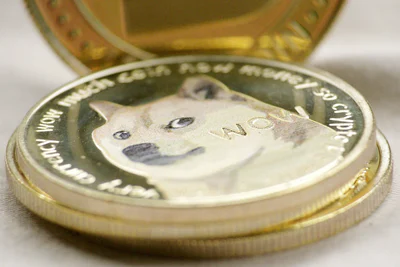The world of social media has carved out a special place for content creators and meme makers. With hundreds of popular meme pages across various social media channels, one will hardly stop and think about replicating memes, reposting them, or getting them copyrighted. To your surprise, memes are copyrighted too, and violating the guidelines can have severe repercussions for the offender. You do not have the right to steal or repost original memes from content creators. Failing to adhere to the rules can put you in some serious trouble. Here is everything you need to know about copyright for memes.
Implications of Meme Copyright
The copyright implications of original memes are defined after charting out certain parameters like the amount, the nature, the purpose, and the effect of the meme. In some cases, the level of engagement created and the original image’s value is also weighed to define relevant copyright implications. In a way, the distribution of memes is left untracked, especially for the ones that go viral. The copyright implication for a particular meme is also based on the type of image used and its nature. With the overwhelming number of reshares of certain memes, it is difficult to clearly define the usage, thereby leading to ambiguity.
Addressing copyright infringement also boils down to the type of usage. The matter becomes more serious if you are using the work for commercial purposes. If big brands and marketing channels start using licensed or copyrighted work, they may likely get caught. In turn, this can affect their services, credibility, and brand image.
What Happens When Someone is Accused of Copyright Infringement?
Needless to say, the act of copying or resharing original work without credit is deemed illegal. However, a policy called Fair Doctrine Use comes into the picture, which states that certain factors make the usage of some memes fair and acceptable. The first factor is the character and purpose of the usage, which indicates the transformed nature and added value to the new meme when compared to the original work. Secondly, the nature of the content comes into the limelight. Was the work created solely for this purpose, or was it an original image that was later converted into a meme? Thirdly, the work’s substantiality is also weighed out.
If your meme passes all these parameters, you are free to repost them. However, not all creators consider the risks that tag along. You will probably be surprised to know that meme stealing is a real thing and is getting quite common with every passing day. While some repost the content without giving credit, others remove the watermark and post memes to grow their page. Either way, the creator is infringing the copyright and taking illegal steps unless they adhere to the factors charted out in the Fair Doctrine Use. Any kind of disputes related to domain names, trademarks, and copyright infringement can be otherwise taken to the court. In most cases, creators get a cease and desist letter as a form of warning. Some are even asked to pay for the damage or violation of brand image.
How Can You Be More Careful?
While someone can likely steal your memes and original work, you may accidentally violate the law too. To avoid this, resort to reposting or resharing only with consent. If you want to make a meme in the anticipation of it getting viral, be aware and consider the images you choose as you may be violating the copyright. The source of the video clip or image can declare whether or not you can use it to create a meme. To stay extremely safe, find a site or source that allows resharing and is free to use. Basically, the images and GIFs on these sites are free of copyright and can be used as free sources.

Using the filters provided by Google Images and relevant search tools can help you determine the type and nature of the content you wish to retrieve. For more authenticity, you can also learn the skill of making your own images and creating a license. With this, you can legally own your memes and stop others from using them. Create your own domain name and get your logo trademarked. If you are getting a license for your original work, keep an eye on other creators and be wary of copied content.
With careful consideration and a little awareness, you can create hilarious memes without getting into the trap of copyright infringement. We all love memes, but it should not come with the cost of getting ambushed with a lawsuit. Look for free content and go around creating your memes surrounding those images and clips to go viral and grow your social media presence.

